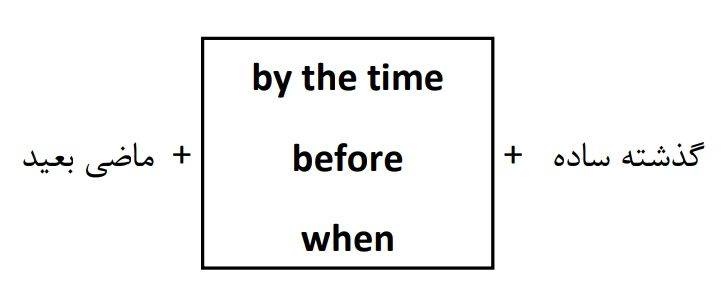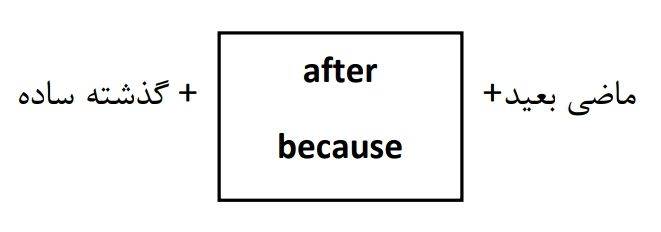به زودی
این بخش به زودی راه اندازی می شود
به زودی
این بخش به زودی راه اندازی می شود
به وبسایت مای درس خوش آمدید
auto_awesome
grid_view
menu
dashboard
person



1736019749.png)












![[شاه کلید مای درس] | قواعد درس «Renewable Energy» گذشته کامل (ماضی بعید)](https://dl.my-dars.com/upload/image/بنر گذشته کامل درس 31723295112.jpg)

